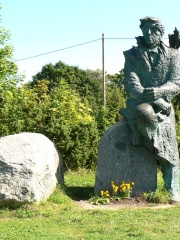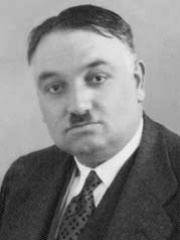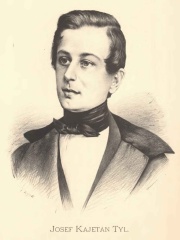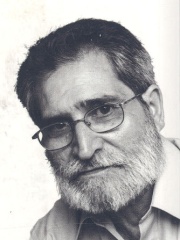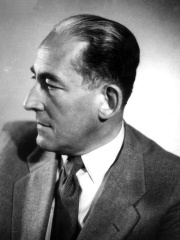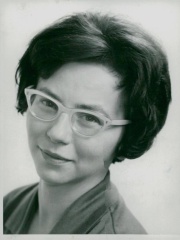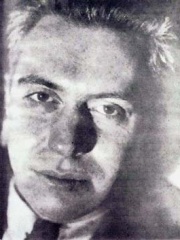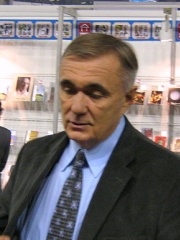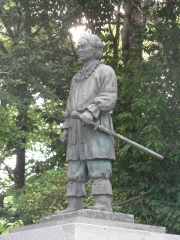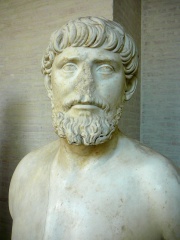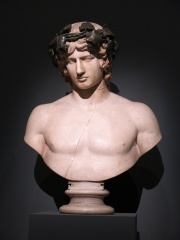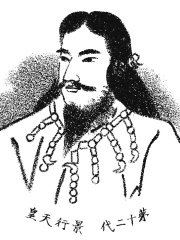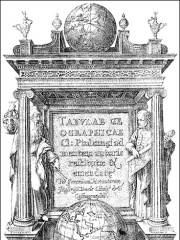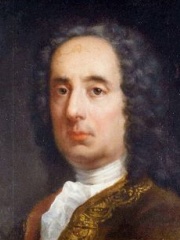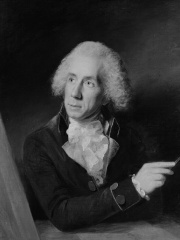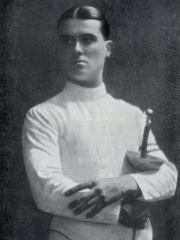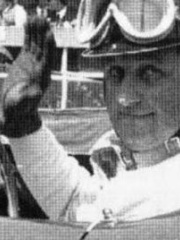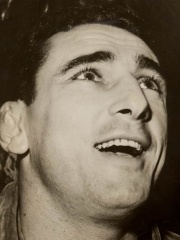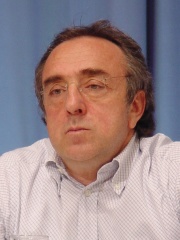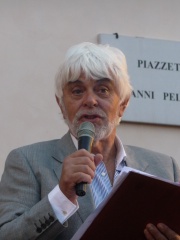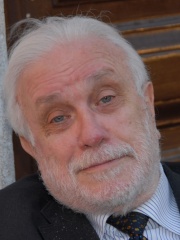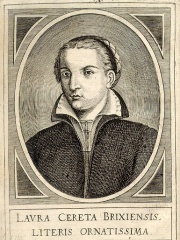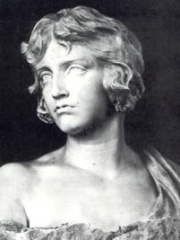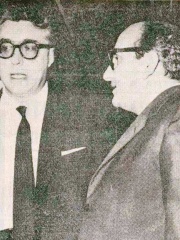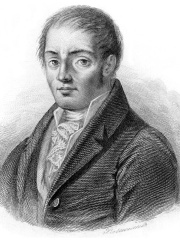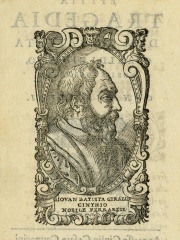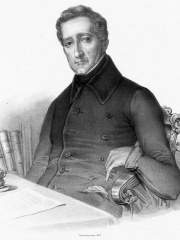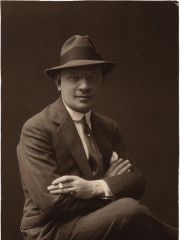Writer
Julia Balbilla
72 - 130

 Julia Balbilla
Julia Balbilla
Julia Balbilla (Greek: Ἰουλία Βαλβίλλα, AD 72 – after AD 130) was a Roman noble woman and poet. Whilst in Thebes, touring Egypt as part of the imperial court of Hadrian, she inscribed three epigrams which have survived. Read more on Wikipedia
Her biography is available in 21 different languages on Wikipedia (up from 16 in 2024). Julia Balbilla is the 4,157th most popular writer (up from 5,499th in 2024), the 3,312th most popular biography from Italy (up from 3,851st in 2019) and the 228th most popular Italian Writer.
Memorability Metrics
Page views of Julia Balbilla by language
Among Writers
Among writers, Julia Balbilla ranks 4,157 out of 7,302. Before her are Juhan Smuul, Yahya Kemal Beyatlı, Josef Kajetán Tyl, Pepetela, Jan Brzechwa, and David Shore. After her are Cordelia Edvardson, René Wellek, Fakhruddin As'ad Gurgani, Hart Crane, Dušan Kovačević, and Alexander McCall Smith.
Most Popular Writers in Wikipedia
Go to all RankingsJuhan Smuul
1922 - 1971
HPI: 57.62
Rank: 4,151
Yahya Kemal Beyatlı
1884 - 1958
HPI: 57.62
Rank: 4,152
Josef Kajetán Tyl
1808 - 1856
HPI: 57.62
Rank: 4,153
Pepetela
1941 - Present
HPI: 57.61
Rank: 4,154
Jan Brzechwa
1898 - 1966
HPI: 57.61
Rank: 4,155
David Shore
1959 - Present
HPI: 57.61
Rank: 4,156
Julia Balbilla
72 - 130
HPI: 57.61
Rank: 4,157
Cordelia Edvardson
1929 - 2012
HPI: 57.60
Rank: 4,158
René Wellek
1903 - 1995
HPI: 57.60
Rank: 4,159
Fakhruddin As'ad Gurgani
1001 - 1054
HPI: 57.60
Rank: 4,160
Hart Crane
1899 - 1932
HPI: 57.60
Rank: 4,161
Dušan Kovačević
1948 - Present
HPI: 57.59
Rank: 4,162
Alexander McCall Smith
1948 - Present
HPI: 57.59
Rank: 4,163
Contemporaries
Among people born in 72, Julia Balbilla ranks 2. Before her is Yamato Takeru. Among people deceased in 130, Julia Balbilla ranks 6. Before her are Apollodorus of Damascus, Antinous, Emperor Keikō, Publius Juventius Celsus, and Marinus of Tyre.
Others Born in 72
Go to all RankingsOthers Deceased in 130
Go to all RankingsApollodorus of Damascus
ARCHITECT
50 - 130
HPI: 76.33
Rank: 1
Antinous
COMPANION
111 - 130
HPI: 74.42
Rank: 2
Emperor Keikō
POLITICIAN
13 BC - 130
HPI: 68.03
Rank: 3
Publius Juventius Celsus
POLITICIAN
67 - 130
HPI: 64.73
Rank: 4
Marinus of Tyre
GEOGRAPHER
100 - 130
HPI: 62.61
Rank: 5
Julia Balbilla
WRITER
72 - 130
HPI: 57.61
Rank: 6
In Italy
Among people born in Italy, Julia Balbilla ranks 3,313 out of 5,161. Before her are Stephan El Shaarawy (1992), Antonio Maria Bononcini (1677), Francesco Bartolozzi (1725), Attilio Giovannini (1924), Franco Riccardi (1905), and Stefano Gabbana (1962). After her are Giulio Cabianca (1923), Steno (1917), Antonino Rocca (1921), Radoald of Benevento (650), Silvio Orlando (1957), and Gian Piero Ventura (1948).
Others born in Italy
Go to all RankingsStephan El Shaarawy
SOCCER PLAYER
1992 - Present
HPI: 57.64
Rank: 3,307
Antonio Maria Bononcini
MUSICIAN
1677 - 1726
HPI: 57.64
Rank: 3,308
Francesco Bartolozzi
POLITICIAN
1725 - 1815
HPI: 57.64
Rank: 3,309
Attilio Giovannini
SOCCER PLAYER
1924 - 2005
HPI: 57.63
Rank: 3,310
Franco Riccardi
FENCER
1905 - 1968
HPI: 57.62
Rank: 3,311
Stefano Gabbana
DESIGNER
1962 - Present
HPI: 57.62
Rank: 3,312
Julia Balbilla
WRITER
72 - 130
HPI: 57.61
Rank: 3,313
Giulio Cabianca
RACING DRIVER
1923 - 1961
HPI: 57.61
Rank: 3,314
Steno
FILM DIRECTOR
1917 - 1988
HPI: 57.60
Rank: 3,315
Antonino Rocca
WRESTLER
1921 - 1977
HPI: 57.60
Rank: 3,316
Radoald of Benevento
NOBLEMAN
650 - 651
HPI: 57.60
Rank: 3,317
Silvio Orlando
ACTOR
1957 - Present
HPI: 57.58
Rank: 3,318
Gian Piero Ventura
COACH
1948 - Present
HPI: 57.58
Rank: 3,319
Among Writers In Italy
Among writers born in Italy, Julia Balbilla ranks 228. Before her are Valerio Massimo Manfredi (1942), Ugo Betti (1892), Luciano De Crescenzo (1928), Laura Cereta (1469), Nossis (null), and Vasco Pratolini (1913). After her are Francesco Mario Pagano (1748), Vincenzo Cerami (1940), Giovanni Battista Giraldi (1504), Elisabetta Dami (1958), Cesare Balbo (1789), and Giuseppe Adami (1878).
Valerio Massimo Manfredi
1942 - Present
HPI: 58.13
Rank: 222
Ugo Betti
1892 - 1953
HPI: 58.06
Rank: 223
Luciano De Crescenzo
1928 - 2019
HPI: 58.01
Rank: 224
Laura Cereta
1469 - 1499
HPI: 57.82
Rank: 225
Nossis
HPI: 57.80
Rank: 226
Vasco Pratolini
1913 - 1991
HPI: 57.67
Rank: 227
Julia Balbilla
72 - 130
HPI: 57.61
Rank: 228
Francesco Mario Pagano
1748 - 1799
HPI: 57.56
Rank: 229
Vincenzo Cerami
1940 - 2013
HPI: 57.53
Rank: 230
Giovanni Battista Giraldi
1504 - 1574
HPI: 57.31
Rank: 231
Elisabetta Dami
1958 - Present
HPI: 57.25
Rank: 232
Cesare Balbo
1789 - 1853
HPI: 57.19
Rank: 233
Giuseppe Adami
1878 - 1946
HPI: 57.18
Rank: 234
